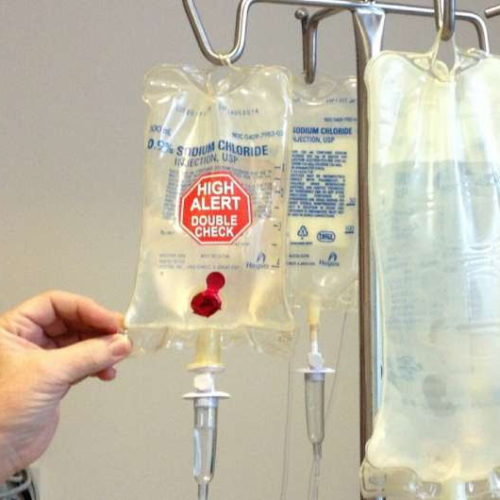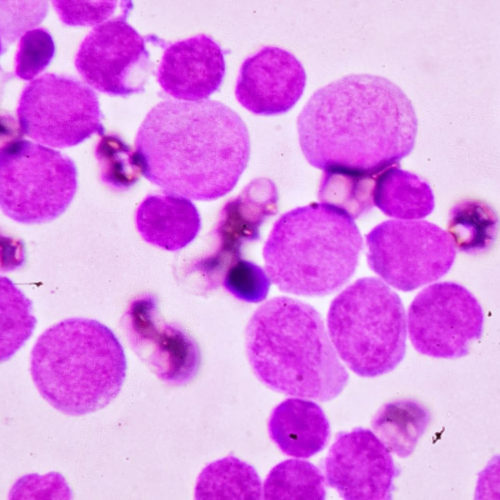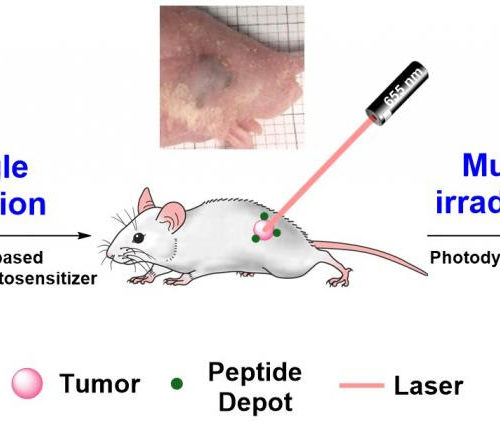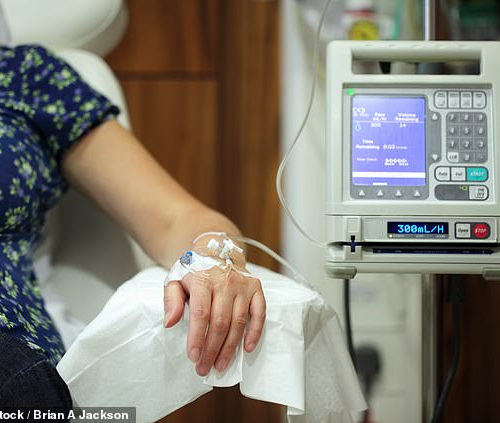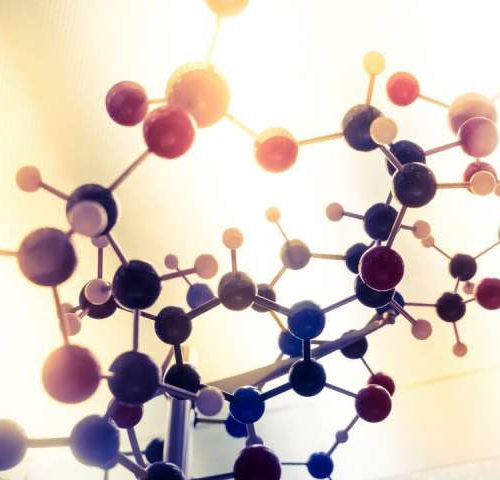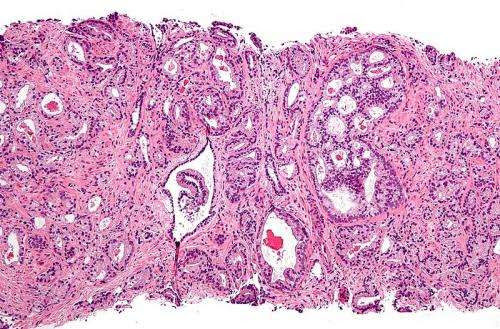Therapeutic ultrasound was a tool in Janice Yurick’s treatment arsenal for 15 years. Yurick, a now-retired physical therapist and former manager of supportive care services at the Cross Cancer Institute, had more than two decades of experience in oncology rehabilitation. She used the technology with patients and saw results, despite no actual studies to prove...
Tag: <span>Chemotherapy</span>
Study finds cancer cells may evade chemotherapy by going dormant
by Weill Cornell Medical College Credit: CC0 Public Domain Cancer cells can dodge chemotherapy by entering a state that bears similarity to certain kinds of senescence, a type of “active hibernation” that enables them to weather the stress induced by aggressive treatments aimed at destroying them, according to a new study by scientists at Weill Cornell...
New maintenance treatment for acute myeloid leukemia prolongs the lives of patients
WEILL CORNELL MEDICINE IMAGE: BLOOD SMEAR UNDER MICROSCOPY SHOWING ADULT ACUTE MYELOID LEUKEMIA. CREDIT: WCM Patients with acute myeloid leukemia (AML), the most common form of acute leukemia in adults, that has gone into remission following initial chemotherapy remain in remission longer and have improved overall survival when they are given a pill form of...
Chemotherapy with light; only one injection required
NATIONAL RESEARCH COUNCIL OF SCIENCE & TECHNOLOGY IMAGE: A SCHEMATIC DIAGRAM OF THE APPLICATION OF CANCER-TARGETED SUPERMOLECULAR PEPTIDE PHOTOTHERAPY DRUGS TO ANIMAL EXPERIMENTS DEVELOPED BY KIST RESEARCHERS. A SINGLE SUPERMOLECULAR PEPTIDE PHOTOTHERAPY INJECTION AND REPEATED PHOTOTHERAPY WERE USED TO COMPLETELY TREAT CANCER. CREDIT: KOREA INSTITUTE OF SCIENCE AND TECHNOLOGY(KIST) Researchers in South Korea have developed a phototherapy technology...
Common drug may protect hearts from damage caused by breast cancer chemotherapy
UNIVERSITY HEALTH NETWORK IMAGE: DR. HUSAM ABDEL-QADIR, LEAD AUTHOR OF THE PAPER AND CARDIOLOGIST AT THE PETER MUNK CARDIAC CENTRE AND WOMEN’S COLLEGE HOSPITAL. CREDIT: PHOTO: UHN Toronto – New research from UHN’s Peter Munk Cardiac Centre (PMCC) shows statins, commonly prescribed to lower cholesterol and reduce the risk of heart disease and stroke, may also protect...
Heat treatment may make chemotherapy more effective
UNIVERSITY COLLEGE LONDON IMAGE: AN ARTIST’S CONCEPTION OF THE DOXORUBICIN-LOADED NANOCOMPOSITE CARRIERS BEING INTERNALIZED BY CELLS (AT THE TOP) AND REMAINING OUTSIDE CELLS (AT THE BOTTOM), WITH A BLOOD VESSEL AT THE CENTRE. CREDIT: JOURNAL OF MATERIALS CHEMISTRY B / NGUYEN T. K. THANH / FLORIAN AUBRIT / OLIVIER SANDRE / LILIN WANG Heating up...
Chemotherapy technique that uses magnetic nanoparticles to heat cancerous cells to more than 104°F while delivering drugs is a THIRD more effective
By JOE PINKSTONE FOR MAILONLINE Chemotherapy could be up to 34 per cent more effective thanks to a new technique which combines the treatment with magnetic particles that fry cancerous cells. Researchers at University College London found the combination of heat and chemo drugs makes the process more effective. Tiny magnetic nanoparticles attach themselves to the cancerous cells...
Small molecule treatment reduces colon cancer metastasis
University of Chicago Medicine investigators slow metastasis of colon cancer by ‘locking up’ cancer cells UNIVERSITY OF CHICAGO MEDICAL CENTER When cancer metastasizes and spreads throughout the body, it can severely change the prognosis of the disease. It is estimated that metastasis is responsible for 90 percent of cancer deaths. University of Chicago Medicine investigators...
Detecting pancreatic cancer at treatable stages
by Brian Consiglio, University of Missouri Pancreatic cancer is rarely detected at its early stages because symptoms often do not present themselves until after the cancer has progressed. By then, invasive procedures such as surgery, chemotherapy or radiation are often needed to treat the cancer. Now, researchers at the University of Missouri’s College of Veterinary...
PARP inhibitor becomes new treatment option for some men with advanced prostate cancer
by University of Chicago Medical Center Results from an international clinical trial found that men with advanced prostate cancer who have mutated BRCA1/BRCA2 genes can be treated successfully with a targeted therapy known as rucaparib, resulting in recent FDA approval. Prostate cancer is the most common cancer and the second leading cause of cancer death...


